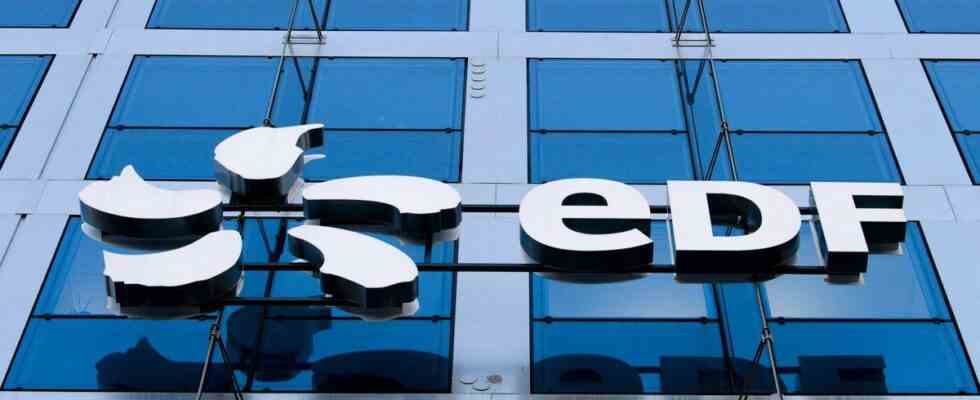Luc Rémont is expected to take the helm of EDF. And he is not very optimistic about the health of the French energy company. EDF is going through a “serious crisis” with the unavailability of the French nuclear fleet, he judged on Wednesday, calling for an “essential collective effort” of energy sobriety to spend the winter.
The context is “critical in the short term”, affirmed before the Senate Economic Affairs Committee the current head of international operations for Schneider Electric, which the Elysée wants to install at the head of the weakened giant. He is to succeed Jean-Bernard Lévy, at the helm since 2014, whose early departure was announced this summer at the same time as the renationalization of EDF, which will also unveil its quarterly results on Thursday.
Restart shutdown reactors
“Energy has now become a weapon used by Russia to weaken our societies and divide the European Union,” warned Luc Rémont. “In this context of energy crisis, EDF itself is going through a serious crisis, of a technical and industrial nature, which accentuates the tension on the energy supply”, he noted.
Half of the French nuclear fleet is currently unavailable due to scheduled maintenance or problems with micro-cracks that appeared last winter. The challenge will be to restart enough reactors to cope with consumption peaks. “From the first hours of (his) mandate”, Luc Rémont plans to devote himself “totally” to “meeting the company’s commitments for the resumption of production of the shutdown reactors”.
“50% sobriety is not out of reach”
But in any case, a “collective effort is essential to alleviate demand and reduce the risk of load shedding this winter and the following ones”, he underlined. “10% to 15% sobriety is a painless goal” and “30% to 50% is not out of reach” with “an effort, especially in professional fields”, he added.
The financial situation of EDF, whose debt could swell to 60 billion euros by the end of the year, requires “short-term vigilance so as not to have to reduce investments and compromise the future,” he said.
A “breathless” system
Luc Rémont considered necessary a “long-term visibility” on the regulatory measures intended to limit the increase in the price of electricity for the customers whose EDF bears the majority of the costs.
He also called for a “deep” reform of both European and national market rules to correct “failures brought to light by the current crisis”. Regulated access to historical nuclear electricity (Arenh) is also “out of breath”: “The objective, which was to create real competition, has not been achieved”, decided the leader.

